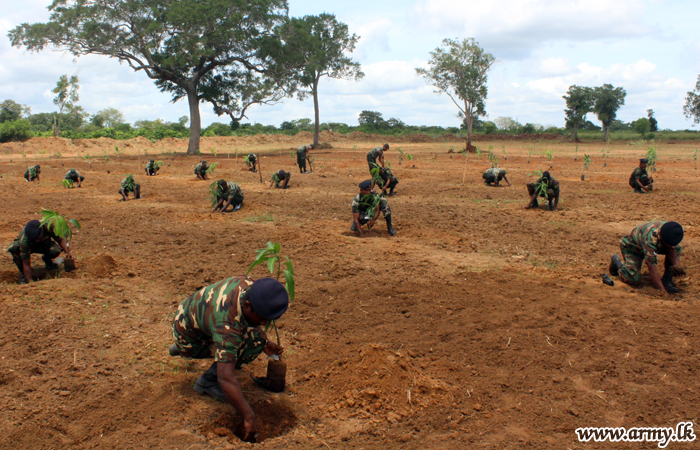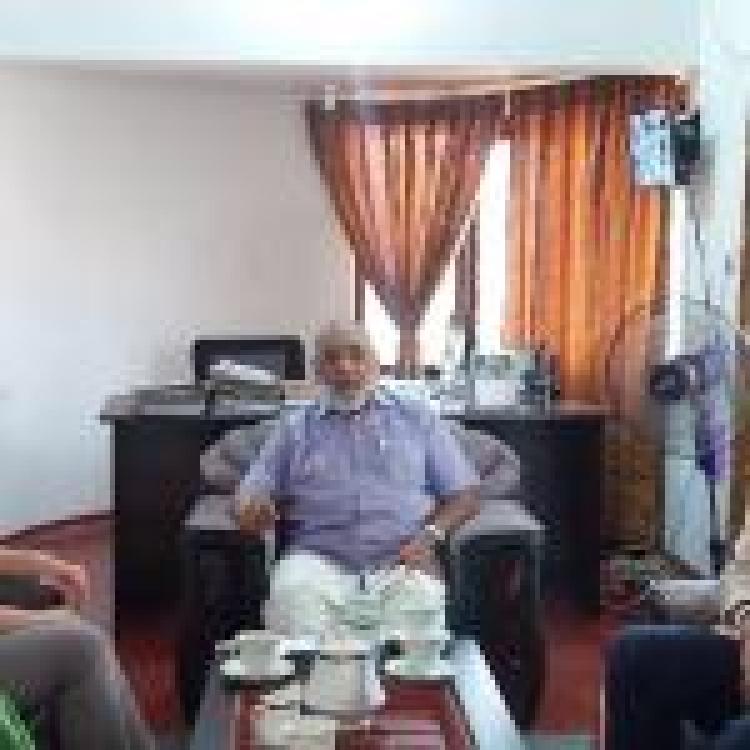
The militarisation of the Tamil homeland continues as an army farm was set up last week in Vavuniya - part of the a project led by the war crimes-accused Sri Lankan army commander, Shavendra Silva. The farm in Andiyapuliyankulam in the Cheddikulam division is expected to cultivate coconuts, mangoes, and other crops, and is anticipated to increase in cultivation size to 1000 acres. According to the Sri Lankan army’s official website, the crops will be produced on ‘state-owned land’.
According to a Human Rights Watch (HRW) report in 2018, the Sri Lankan military ‘occupy private land that is owned and was used by civilians, and state land intended for non-military purposes’. In the report, HRW state that military occupation of land is among the primary contributors to continuing displacement: according to the government, as of 2017, nearly 40,000 people remained internally displaced in the country, a majority from Jaffna’.
The same week, a cashew plant mission was established by the navy in Jaffna, claiming to preserve the biodiversity in Jaffna; as well as multiple military facilities in the Jaffna region.
Despite eleven years having passed since the end of the armed, and continuous calls to demilitarise the Tamil homeland, conflict, the Sri Lankan army continues to take over various functions of civilian life in the North-East. The residents in the affected areas have said that the military’s intrusion into their daily lives plays a huge role in unemployment, alcohol abuse and drug exploitation in the areas.



